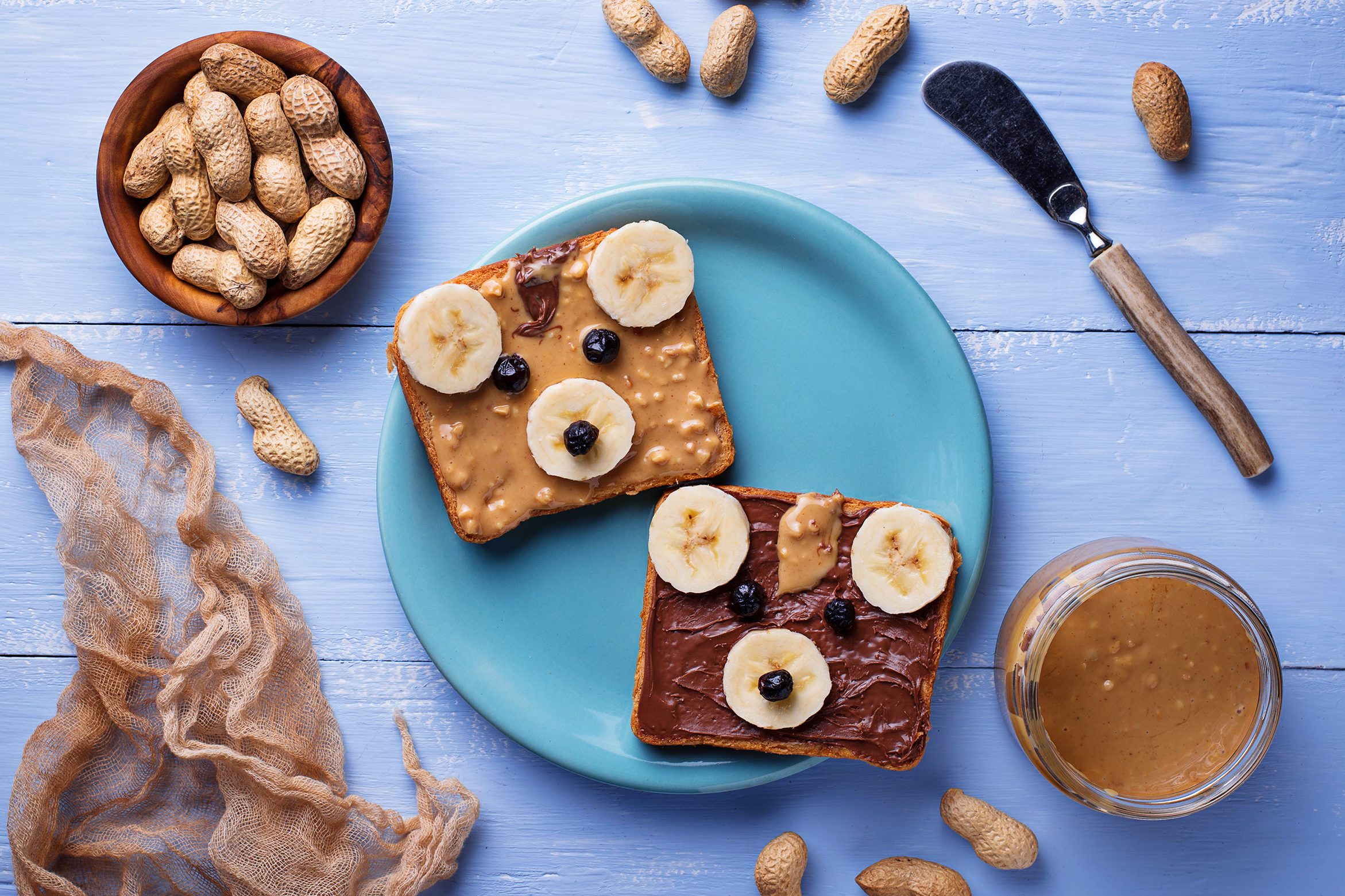
As parents, ensuring our children have a balanced and nutritious diet is a top priority. Kids need essential nutrients to support their growth, development, and overall well-being. One food item that has gained popularity as a wholesome option for kids is natural peanut butter. Packed with nutrients and free from additives, natural peanut butter can play a vital role in meeting children’s dietary needs. Let’s explore the benefits of incorporating this delightful spread into kids’ diets.
1. Protein Powerhouse
Protein is a crucial building block for a child’s growing body. Natural peanut butter is an excellent source of plant-based protein, providing a healthy boost to muscle development and overall growth. Whether it’s spread on whole-grain bread or paired with fruits, peanut butter can be a valuable addition to breakfast or snack time to support their active lifestyle.
2. Healthy Fats for Brain Development
Growing brains require healthy fats to support cognitive development. Natural peanut butter contains monounsaturated and polyunsaturated fats, including omega-3 fatty acids, which are essential for brain health. These fats not only aid in brain development but also contribute to overall heart health in kids.

3. Essential Vitamins and Minerals
Peanuts are packed with essential vitamins and minerals that are vital for a child’s health. They are a good source of vitamin E, which acts as an antioxidant, protecting their cells from damage. Peanut butter also contains B-vitamins like niacin and folate, which play a role in energy metabolism and cell growth.
4. Energy and Satiety
Kids are constantly on the move, and they need energy to fuel their activities. Natural peanut butter is energy-dense, providing a quick and convenient source of sustained energy. Its combination of protein, healthy fats, and fiber can also help keep kids feeling full and satisfied, reducing the likelihood of unhealthy snacking between meals.

5. Building Strong Bones
Peanut butter contains essential minerals like magnesium, phosphorus, and potassium, which are crucial for building strong bones and supporting proper muscle function. As kids go through growth spurts, ensuring they get adequate amounts of these minerals can contribute to their bone health in the long run.
6. Antioxidant Protection
Peanuts contain various antioxidants, including resveratrol, which have been associated with health benefits. These antioxidants help neutralize free radicals and reduce oxidative stress, potentially lowering the risk of chronic diseases in the future.
7. Versatility in the Kitchen
One of the best aspects of natural peanut butter is its versatility. Kids might enjoy it on sandwiches, with fruits and veggies, or even as a dip for whole-grain crackers. It can also be used in smoothies or as a base for kid-friendly sauces and dressings, making it a convenient ingredient for parents when creating nutritious meals.
Allergies and Precautions
While natural peanut butter can be a wholesome option for many kids, it’s essential to be mindful of potential allergies. Peanut allergies are common, and if your child has a history of allergies or sensitivities, it’s best to consult with a pediatrician before introducing peanut butter into their diet. Additionally, be cautious of choking hazards, especially for young children, by spreading peanut butter thinly and avoiding large spoonfuls.
Conclusion
Natural peanut butter can be a delightful and nutritious addition to kids’ diets. Its protein content, healthy fats, and essential nutrients make it an excellent choice to support their growth and development. When combined with a variety of other wholesome foods, peanut butter can contribute to a balanced and enjoyable diet for kids of all ages.
As with any dietary change, it’s crucial to consider individual needs and preferences. If you have any concerns or questions about incorporating peanut butter into your child’s diet, don’t hesitate to seek guidance from a pediatrician or a registered dietitian. With responsible consumption and mindful meal planning, natural peanut butter can be a wholesome option that kids will love and benefit from in their journey towards a healthy and happy childhood.


